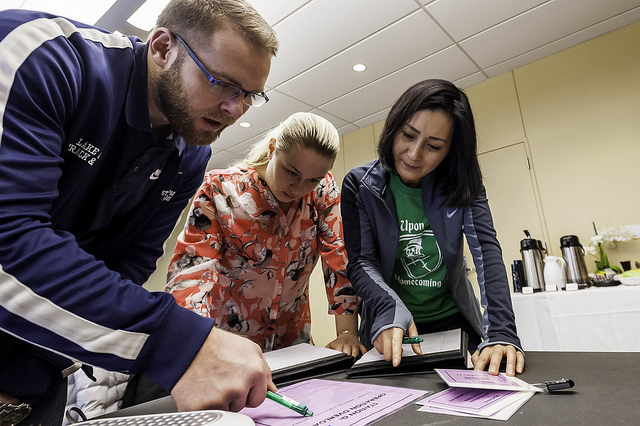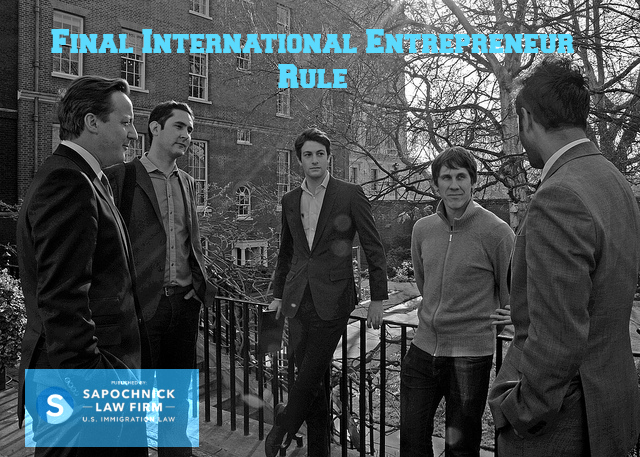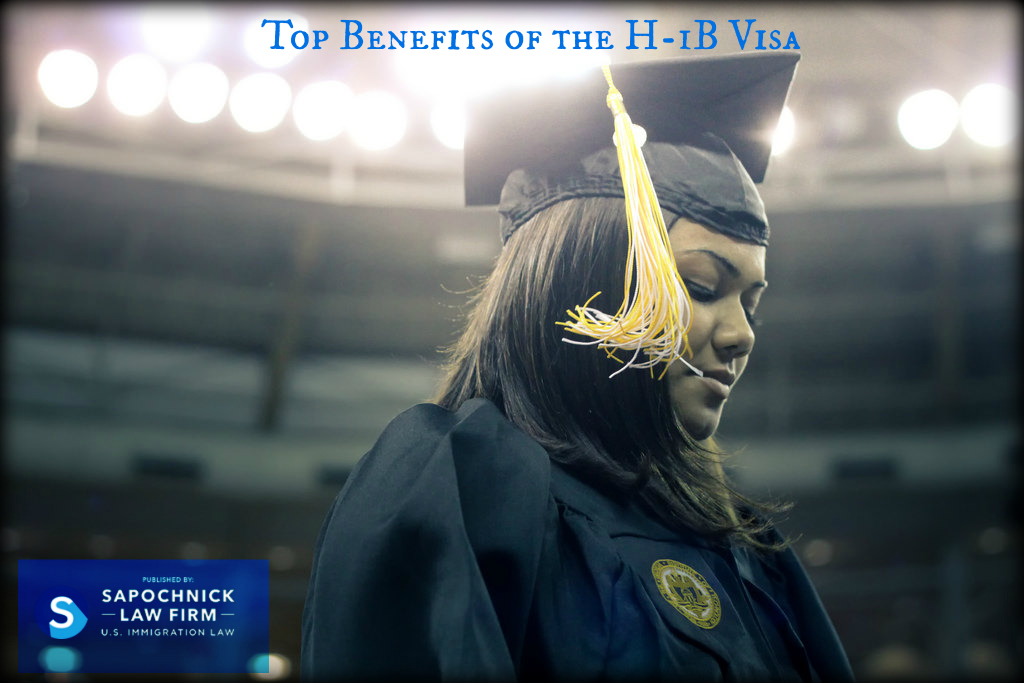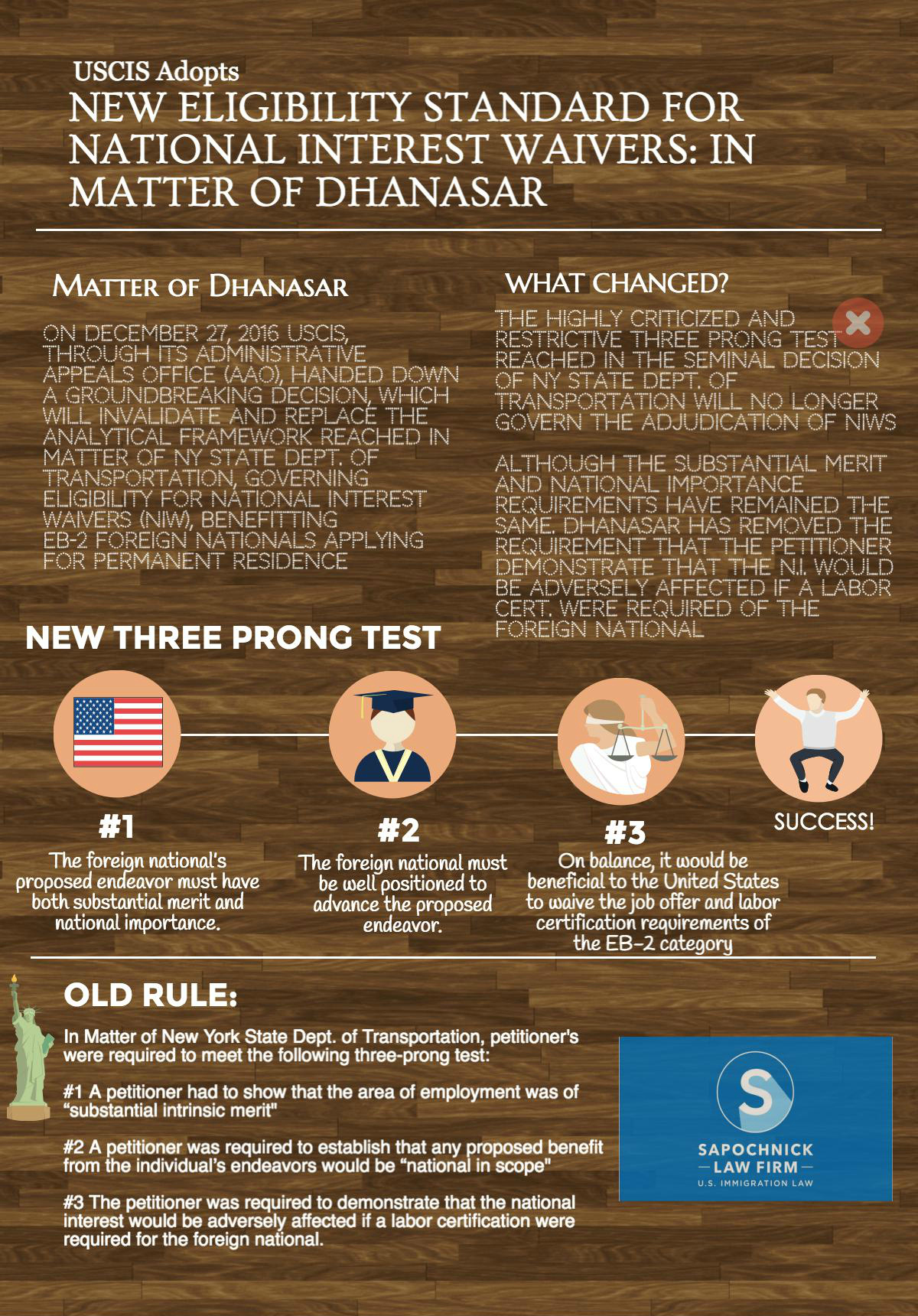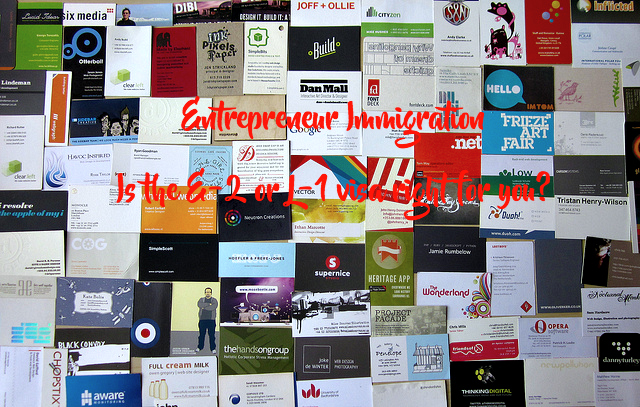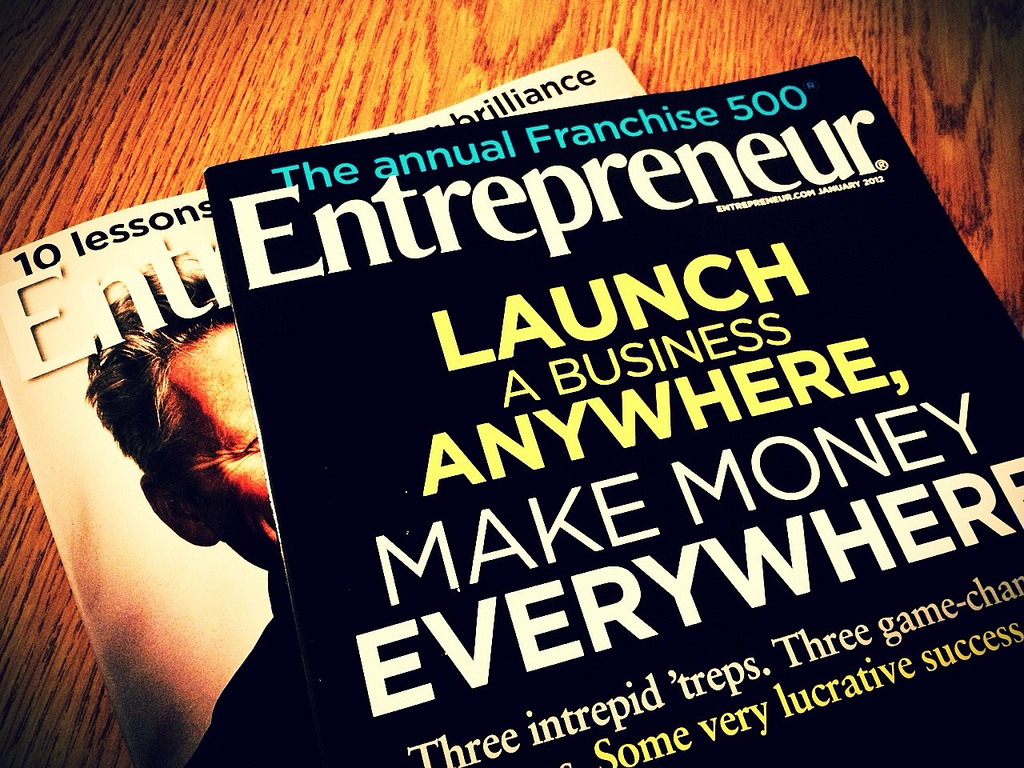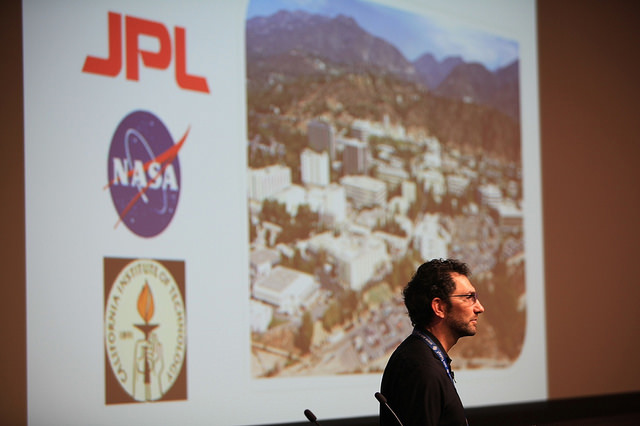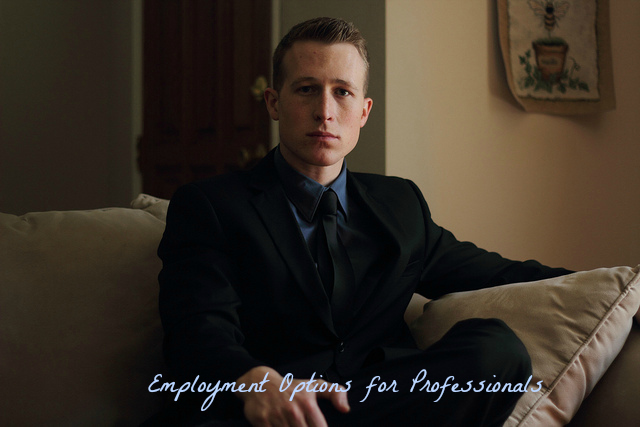On March 31, 2017, the United States Citizenship and Immigration Services (USCIS) issued a new policy memorandum providing new guidance relating to the adjudication of H-1B petitions for computer programmers. The new memorandum will supersede and replace the policy memorandum that had been in place since the year 2000, which previously governed adjudication procedures for H-1B computer related occupations.
The new memorandum seeks to update the outdated provisions of the 2000 memorandum because the policies set out in that memorandum no longer reflect the current policies of the agency. The main purpose for rescinding the 2000 memorandum is not to change the H-1B application process for employers who seek to employ foreign workers in computer related occupations, rather the new memorandum clarifies the proper adjudication procedures for computer related occupations at all service centers.
Why the Change?
The Occupational Outlook Handbook is a handbook published by the Department of Labor’s Bureau of Labor Statistics which includes information relating to the training and education required for various employment positions. The OOH is of particular importance for H-1B petitioners and practicing attorneys, because USCIS consults the OOH as a guide to inform their decision regarding the general qualifications necessary for a particular occupation, and whether the occupation is to be considered a “specialty occupation.” The OOH however does not on its own establish whether a position is a “specialty occupation,” rather adjudicating officers focus on the position itself and the job duties and qualifications of the beneficiary, to determine whether the position is to be considered a specialty occupation.
The main problem with the 2000 policy memorandum was that it relied on an outdated OOH description of the position of “computer programmer,” creating inconsistencies that are no longer followed by adjudicating officers today.
 Visa Lawyer Blog
Visa Lawyer Blog



